Spinach, the popular leafy green, has long been praised for its remarkable nutritional benefits. Known for its delicate texture and earthy flavor, this superfood broadens our culinary horizons and fortifies our health. Whether you’re eating it raw in salads, blended in smoothies, or cooked in various dishes, spinach offers a wealth of health benefits that everyone should be aware of. In this article, we will explore the top 11 health benefits of spinach, ensuring that you have all the information you need to include this powerhouse vegetable in your diet.
Top 10 Superfoods to Boost Metabolism Naturally
Top 11 Health Benefits of Spinach: A Nutritional Powerhouse
- Rich in Nutrients and Low in Calories
- Boosts Eye Health
- Supports Healthy Bones
- Improves Heart Health
- Helps in Weight Loss
- Enhances Digestive Health
- Fights Oxidative Stress
- Strengthens Immune System
- Reduces Inflammation
- Regulates Blood Sugar Levels
- Enhances Skin and Hair Health
1. Rich in Nutrients and Low in Calories
Spinach is a low-calorie food, which makes it an excellent choice for weight management. A cup of raw spinach contains only about 7 calories. This nutrient-dense vegetable is packed with essential vitamins and minerals, including vitamin A, vitamin C, vitamin K1, folic acid, iron, and calcium. Also, it’s an excellent source of fiber, which is crucial for digestive health.
2. Boosts Eye Health
The beta-carotene, lutein, and zeaxanthin in spinach are vital for eye health. Lutein and zeaxanthin are stored in the macula, a part of the retina that acts as a natural sunblock, shielding the eyes from harmful light. These antioxidants protect against cataracts and age-related macular degeneration, two common eye-related issues.
3. Supports Healthy Bones
Spinach contains high levels of vitamin K, which is essential for bone health. Vitamin K1 helps the body absorb calcium, reducing bone resorption, and lowering the risk of fractures. It works efficiently with other nutrients like calcium and magnesium present in spinach to maintain strong and healthy bones.
4. Improves Heart Health
Spinach is great for you because of its high content of nitrates, which help improve blood flow by relaxing blood vessels—thus reducing blood pressure. The vegetable is also rich in potassium, which helps balance sodium levels in the body and manages hypertension, promoting cardiovascular health overall.
5. Helps in Weight Loss
Thanks to its high fiber content, spinach helps you feel full for longer periods, reducing overeating and unnecessary snacking. Its low-calorie profile also means you can consume spinach without worrying about calorie intake. Include spinach into your meals is a fantastic way to manage a healthy weight while receiving essential nutrients.
6. Enhances Digestive Health
As a good source of dietary fiber, spinach helps in maintaining a healthy digestive system. Fiber helps in regulating bowel movements and prevents constipation. The fibrous content helps maintain a healthy gut, which is essential not only for digestion but for overall health.
7. Fights Oxidative Stress
Spinach is loaded with antioxidants including alpha-lipoic acid and glutathione, which help fight oxidative stress, a condition that can lead to chronic diseases and aging. These antioxidants work by neutralizing free radicals in the body, thus reducing inflammation and cell damage.
8. Strengthens Immune System
With abundant vitamin A and vitamin C, spinach enhances immune function. Vitamin A helps in the production of tissues in the skin and mucous membranes, which are the body’s first lines of defense against pathogens. Meanwhile, vitamin C boosts the immune system by promoting the white blood cells’ functionality, essential for fighting infections.
9. Reduces Inflammation
Spinach contains anti-inflammatory compounds like flavonoids and carotenoids that help reduce inflammation in the body. Chronic inflammation is linked to various diseases, including heart disease and cancer. Regular consumption of spinach can help manage inflammation and significantly reduce disease risk.
10. Regulates Blood Sugar Levels
Spinach contains an antioxidant called alpha-lipoic acid, which has been shown to lower glucose levels and increase insulin sensitivity. This makes spinach a beneficial addition to the diet for those managing diabetes. The fiber content in spinach also slows the absorption of sugar in the bloodstream, preventing sudden blood sugar spikes.
11. Enhances Skin and Hair Health
The vitamins and minerals found in spinach contributes significantly to glowing skin and healthy hair. Vitamin A helps produce sebum, an oily substance secreted by sebaceous glands that keeps hair moisturized. Meanwhile, vitamin C is vital for collagen production, a protein that helps maintain skin elasticity and strength. Iron, also present in spinach, ensures that hair follicles receive adequate oxygen, promoting hair growth.
Conclusion
Spinach is a nutritional powerhouse that offers many health benefits. From improving vision and supporting heart health to strengthening the immune system and promoting radiant skin, the advantages of incorporating spinach into your diet are extensive. As an easy-to-add ingredient in various dishes, including spinach in your meals can significantly enhance your health and wellness.
FAQ on the Health Benefits of Spinach
Below are few of the health benefits of spinach.
What are the main health benefits of spinach?
Spinach is rich in nutrients, supports eye and bone health, boosts the immune system, helps in weight management, and promotes heart and digestive health.
Is spinach good for weight loss?
Yes, spinach is low in calories and high in fiber, which helps in feeling full longer and helps in weight management.
How does spinach improve eye health?
Spinach contains lutein and zeaxanthin, antioxidants that protect against age-related macular degeneration and cataracts.
Can spinach help in managing diabetes?
Yes, spinach contains alpha-lipoic acid, which may help lower blood glucose levels and improve insulin sensitivity.
What vitamins are abundant in spinach?
Spinach is packed with vitamins A, C, K1, and folic acid, each offering unique health benefits.
How does spinach benefit heart health?
Spinach is rich in nitrates and potassium, which help reduce blood pressure and promote cardiovascular health.
Does spinach have anti-inflammatory properties?
Yes, spinach is rich in flavonoids and carotenoids that help reduce inflammation in the body.
Can spinach improve skin and hair health?
Yes, vitamins A and C in spinach promote skin elasticity and hair moisture, while iron supports hair growth.
Is raw or cooked spinach better for nutrient absorption?
Both forms are beneficial; however, cooking can enhance the absorption of certain nutrients, like calcium and iron.
How much spinach should I eat daily?
The USDA recommends adults consume about 2-3 cups of vegetables daily, which can include spinach as part of a balanced diet.
Can I eat spinach every day?
Yes, eating spinach daily is generally safe and can be part of a healthy diet, but it’s best to vary your vegetable intake for nutritional diversity.
Are there any side effects of eating spinach?
Excessive spinach consumption can lead to kidney stones due to its oxalate content. Individuals with kidney issues should consult a healthcare provider.
Is it good to eat spinach every day?
Yes, eating spinach every day is beneficial as it supplies essential nutrients, but ensure variety in your diet for comprehensive nutrition.
What are 5 benefits of eating spinach?
Spinach boosts eye health, supports bones, enhances heart health, aids in digestion, and helps manage weight.
Why is spinach a superfood?
Spinach is considered a superfood due to its high nutrient density, offering a rich supply of vitamins, minerals, and powerful antioxidants.
Is spinach better for you, cooked or raw?
Both are beneficial; cooking spinach enhances nutrient absorption like iron and calcium, while raw spinach preserves water-soluble vitamins.
Reference
For more detailed information on the health benefits of spinach, refer to a comprehensive article by the United States Department of Agriculture (USDA) which provides insights into its nutritional profile and various health impacts. This resource offers valuable data supporting the benefits outlined above. You can access the full USDA report on spinach >>here.
Disclaimer: The information provided in this article is for educational and informational purposes only and is not intended as health or medical advice. Please consult with a healthcare professional before making any changes to your diet, especially if you have underlying health conditions or are taking medications. Individual nutritional needs can vary, and a healthcare provider can offer personalized recommendations.

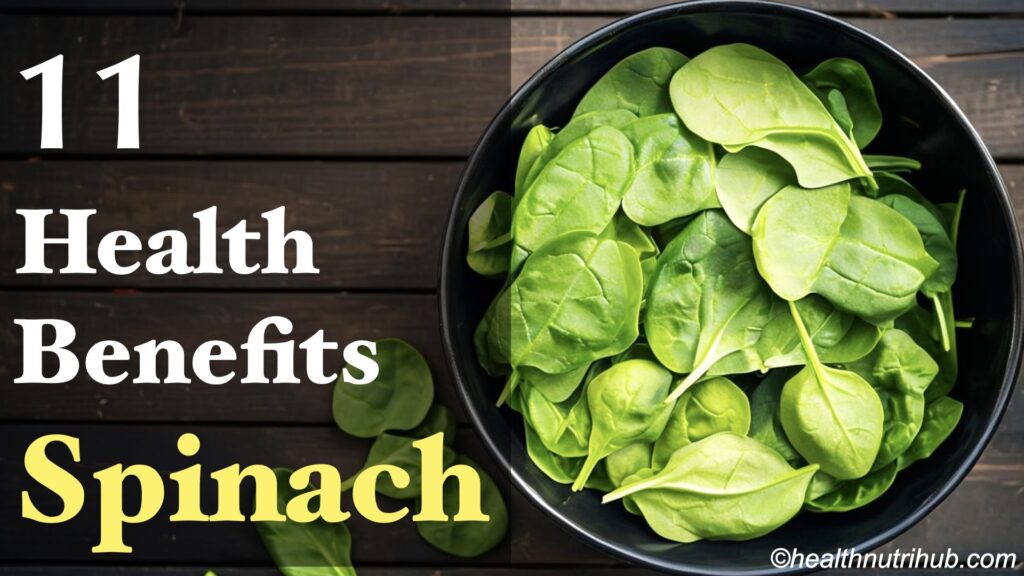
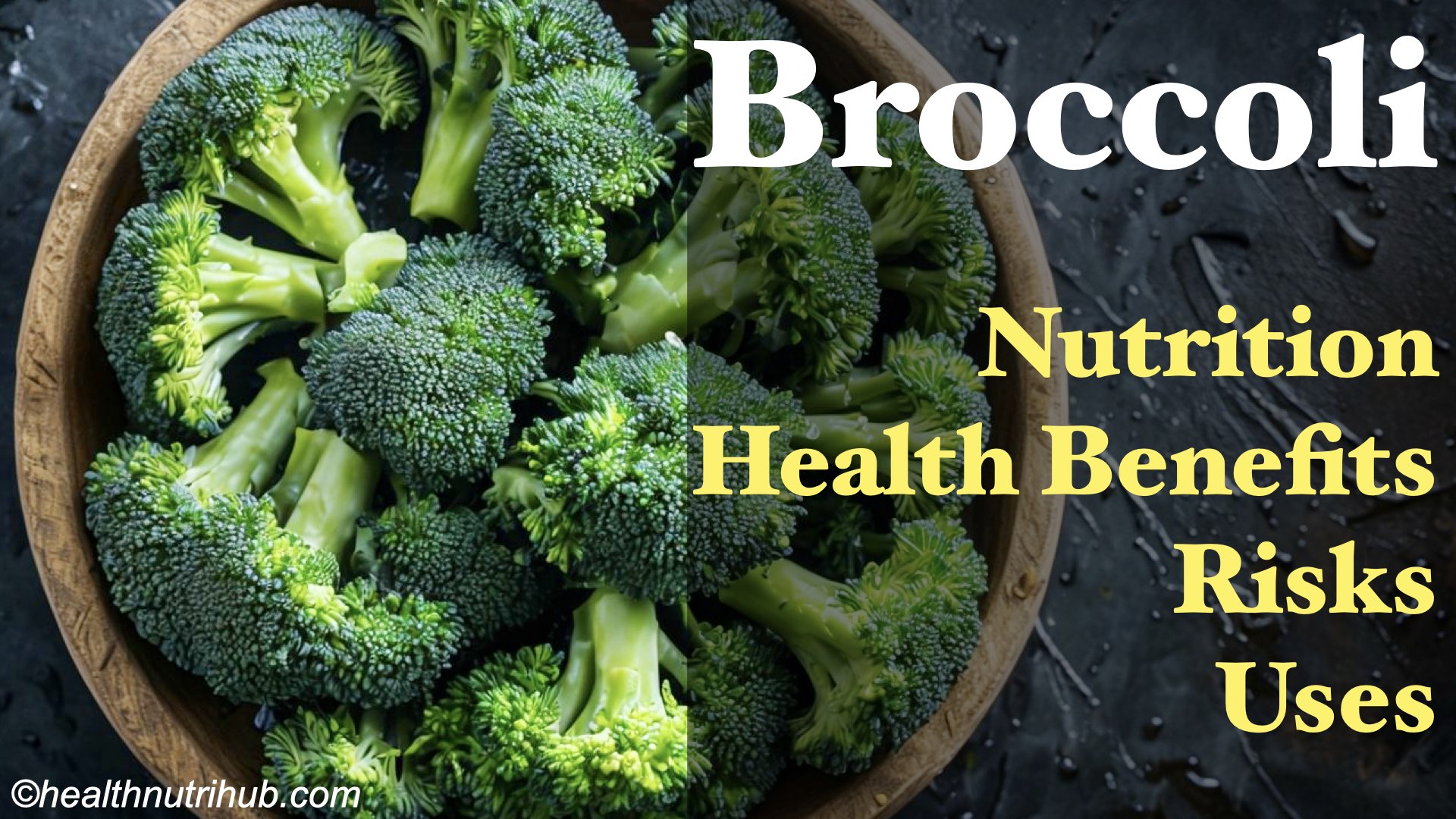
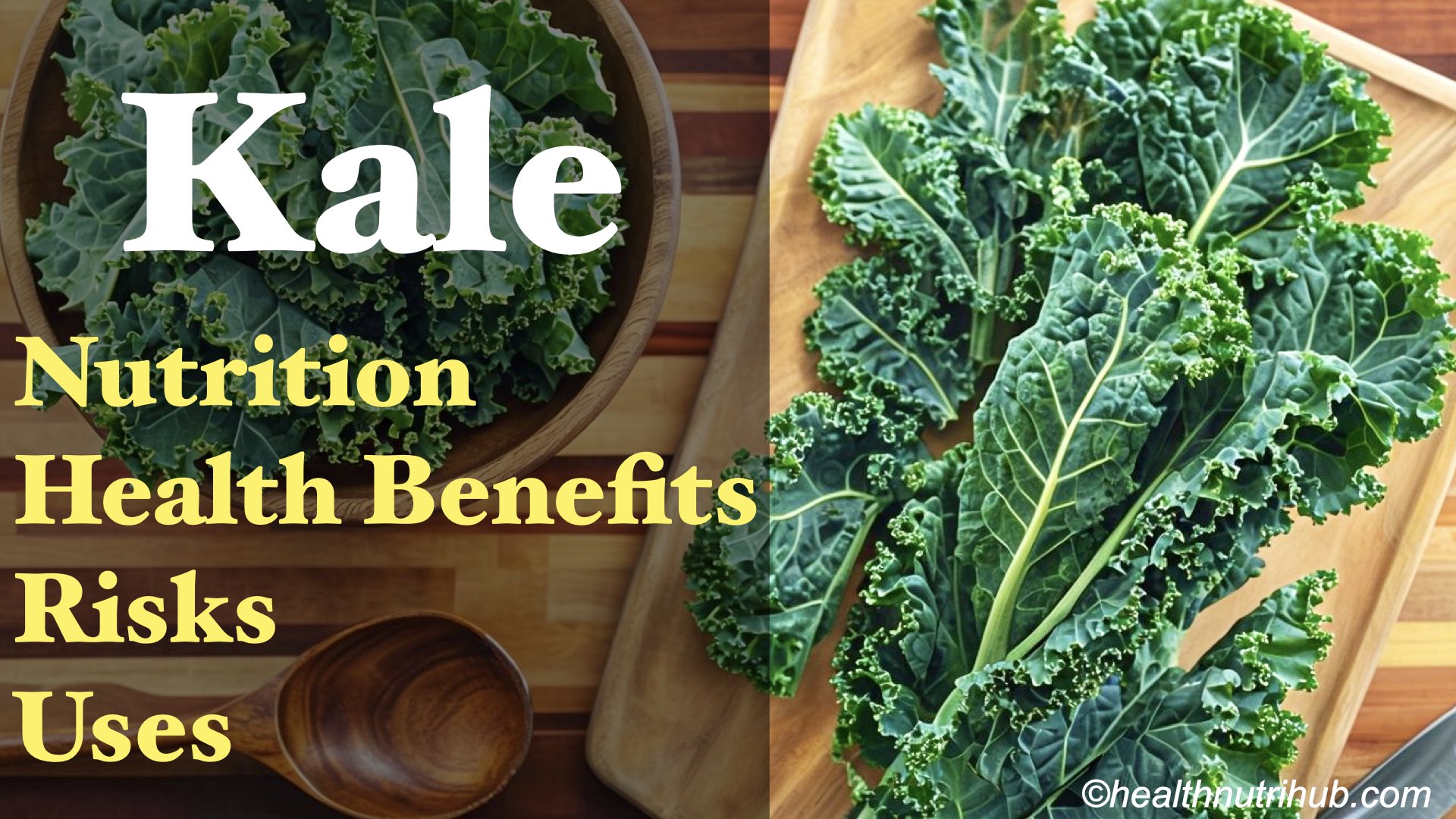
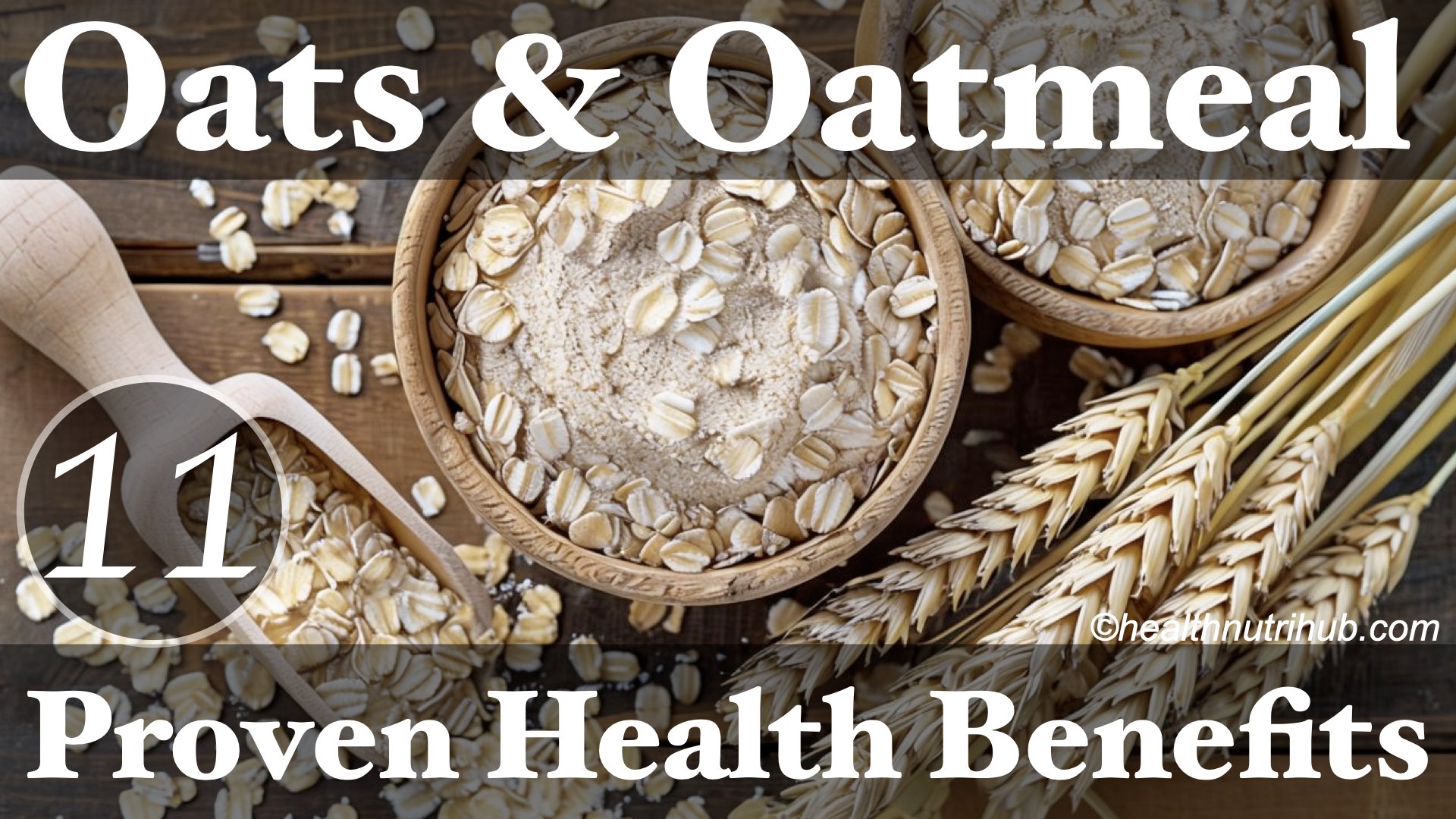
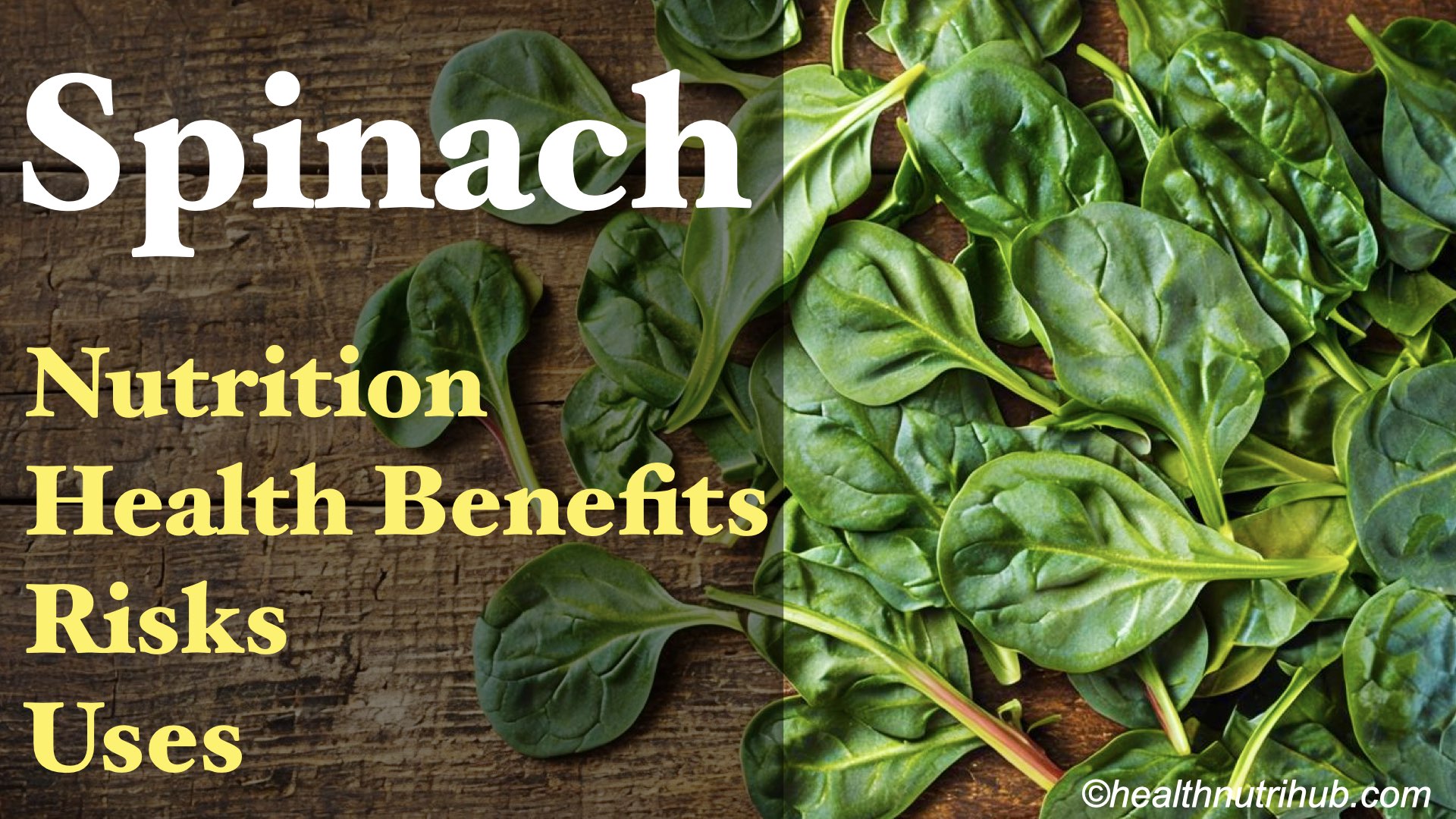
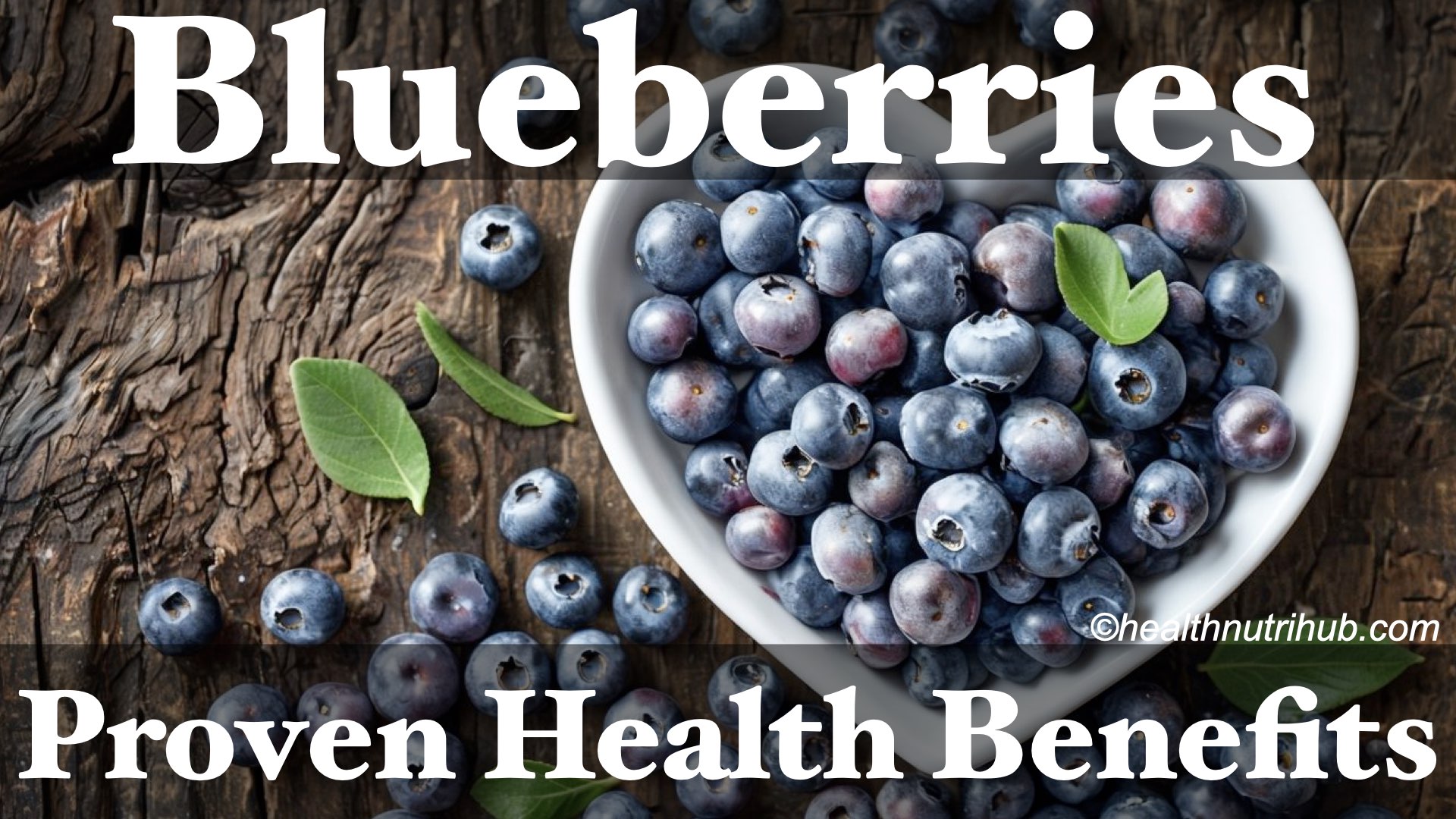
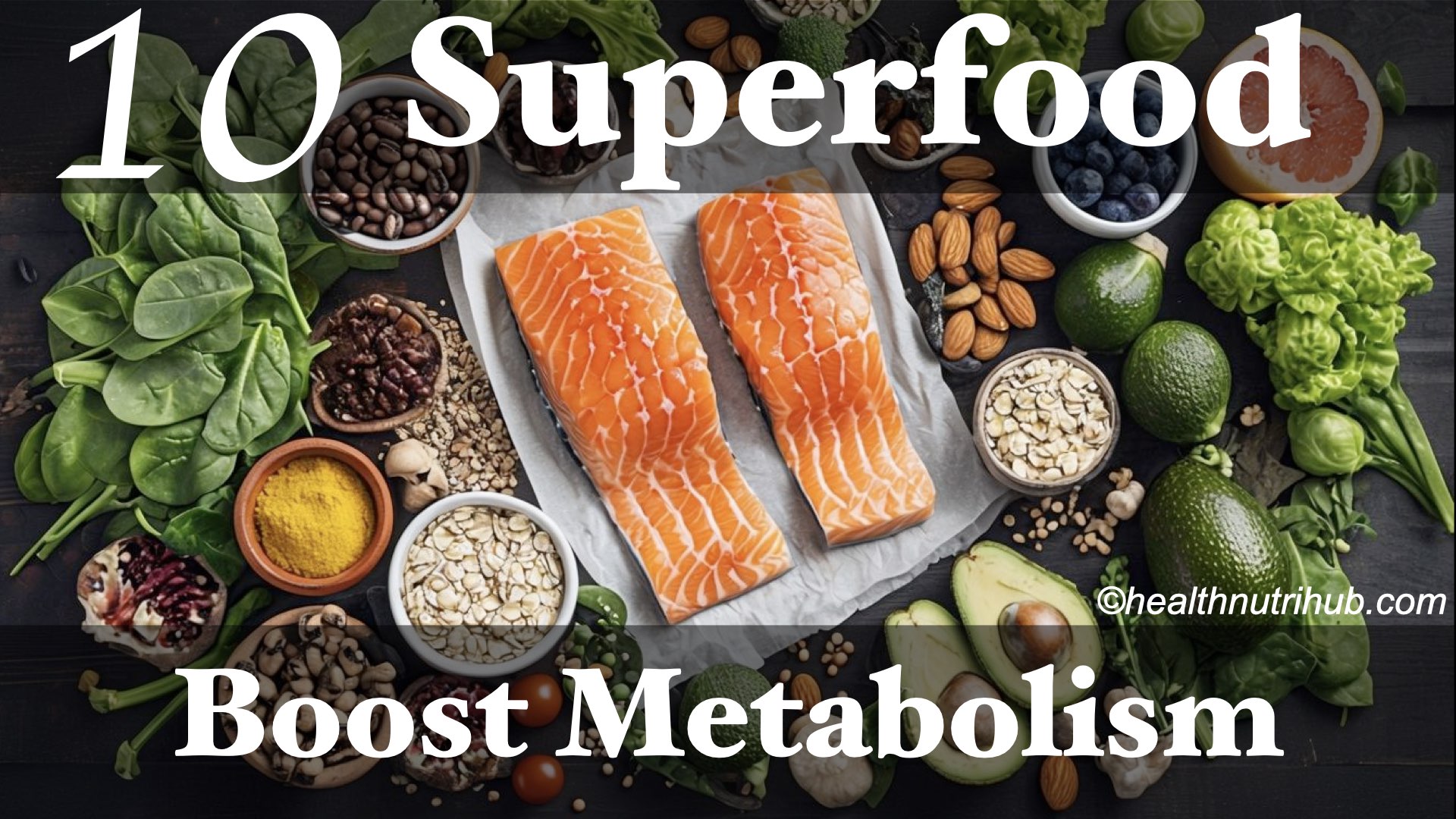
Pingback: Spinach: Nutrition, Health Benefits, Risks & Uses
Pingback: Top 20 Healthy Vegetables: Nutrition & Health Benefits